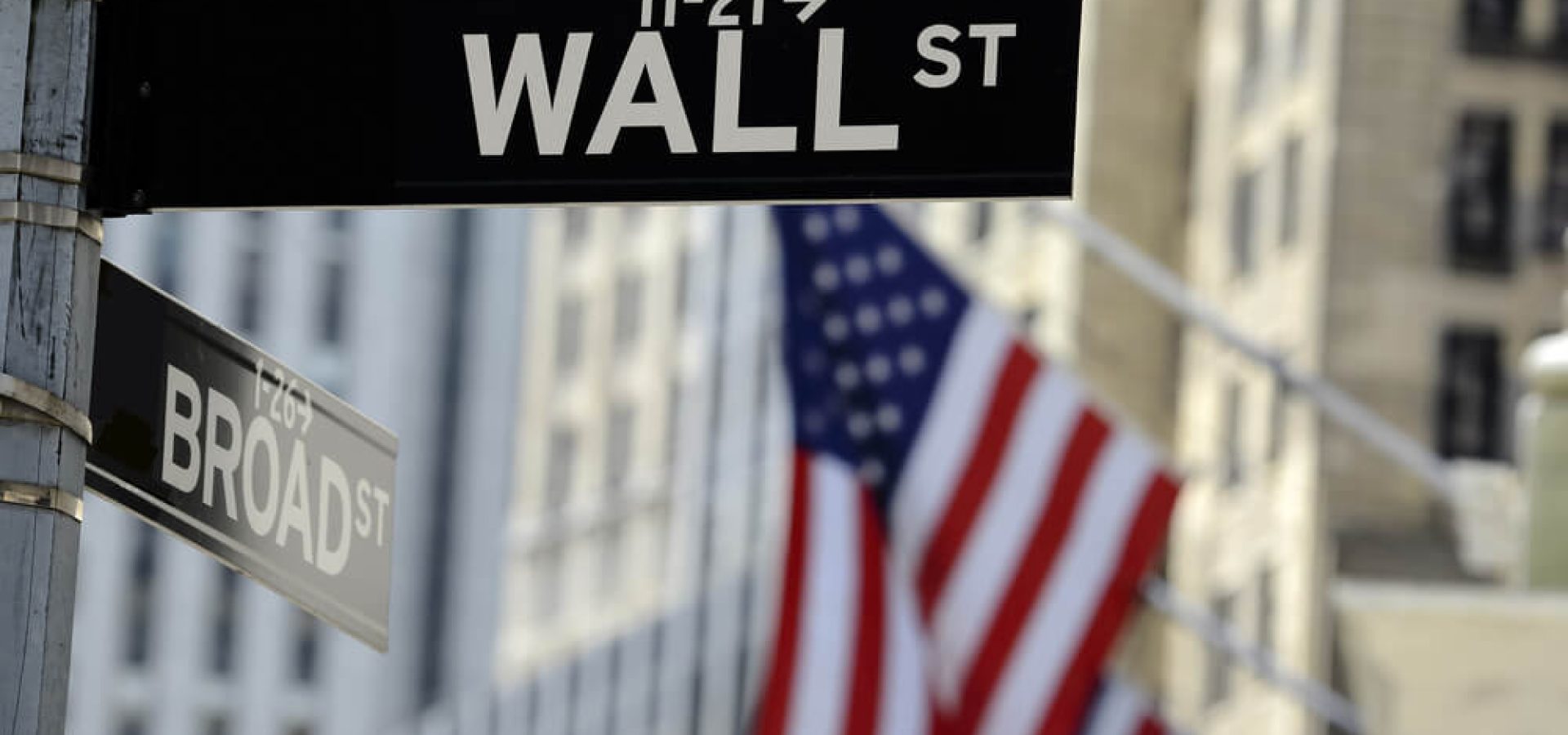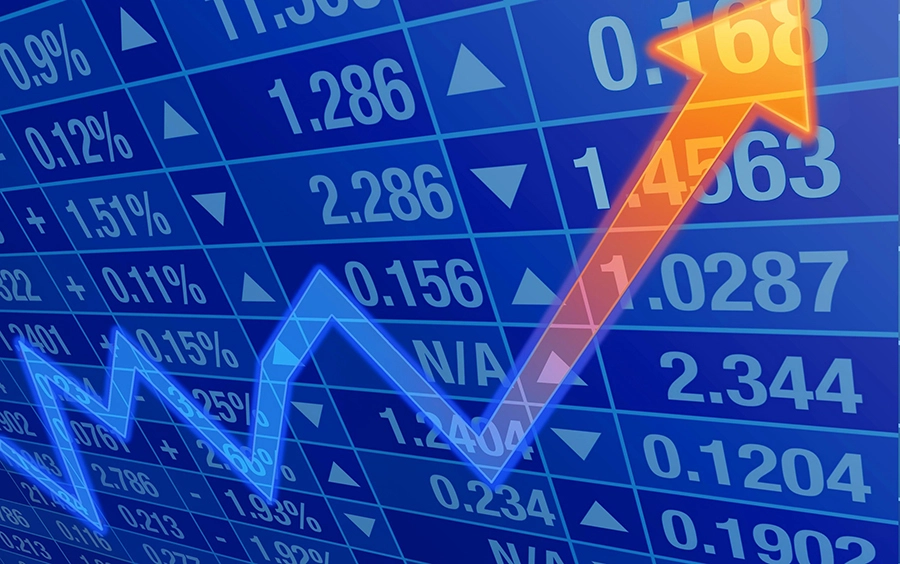The coronavirus pandemic created a lot of problems for the global economy. Nevertheless, last month U.S. stocks strengthened their positions despite the economic impact of the coronavirus.
Also, for April the S&P 500 posted its third-largest monthly gain since World War Two. In April, its index gained 12.7%. Furthermore, it was the largest one-month gain since 1987.
Moreover, the Dow Jones Industrial Average had its fourth-largest post-war monthly rally as the Dow Jones added 11.1%. Additionally, it was the best month for Dow Jones in 33 years.
The Nasdaq Composite jumped 15.% in April. Thus, it was its biggest monthly gain since June 2000.
Stocks in Japan and Australia
Importantly, last Friday most stock markets in Asia did not work as it was a holiday. However, markets in Japan and Australia worked as usual fell on May 1. Japanese stocks fell on Friday.
The Nikkei 225 dropped 2.84% to close at 19,619.35 as shares of Tokyo Electron fell 5.51%. In the meantime, the Topix index fell 2.24% to end its trading day at 1,431.26.
Australia’s S&P 500 plunged 5.01% to close at 5,245.90 as shares of major miner BHP fell 7.76%. Moreover, shares of major banks such as Commonwealth Bank of Australia and Australia and New Zealand Banking Group decreased by more than 4.5% each.
As mentioned above major markets in South Korea, Hong Kong, Singapore, and India were closed for Holidays.
South Korea’s export-driven economy had to deal with issues, as exports in April fell at their sharpest pace since the global financial crisis. According to the information provided by the country’s trade ministry. Moreover, exports dropped 24.3% year-on-year last month. Consequently, it was the worst contraction since May 2009.
The data from South Korea could provide useful information regarding the scale of the economic problems caused by the coronavirus pandemic. Largest economies in Asia should work together to overcome problems and to support the global economy.










COMMENTS